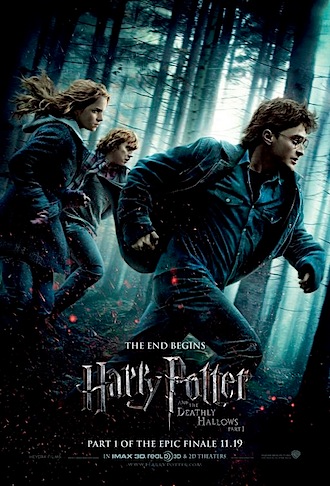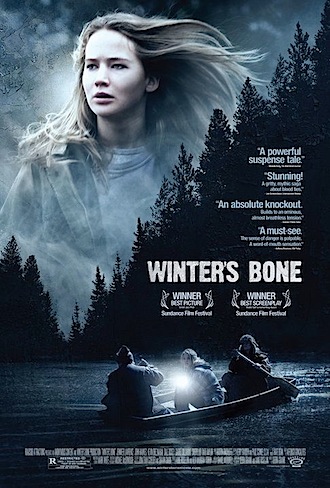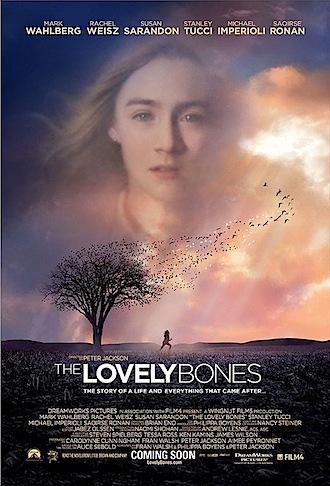
Harry Potter and the Deathly Hallows: Part 1 is the seventh film in the series but only the third that I’ve had to review in these pages. Sadly, my conclusions…
Read More
From the tour de force of A Few Good Men in 1992 (“You can’t handle the truth!”) to the winning Charlie Wilson’s War in 2007, Aaron Sorkin’s sparkling dialogue and…
Read More

Half way through Winter’s Bone I found myself thinking, “So, this is what the Western has become?” The best Westerns are about finding or sustaining a moral path though a…
Read More

While hunting the site for some links to add to the just posted Winter's Bone etc. review, I discovered that my Summer Holiday special hadn't made it here. So, for…
Read More
Eat Pray Love is what they used to call, in the old days, a “women’s picture” and the advertisers who have paid good money to annoy audiences before the film…
Read More
